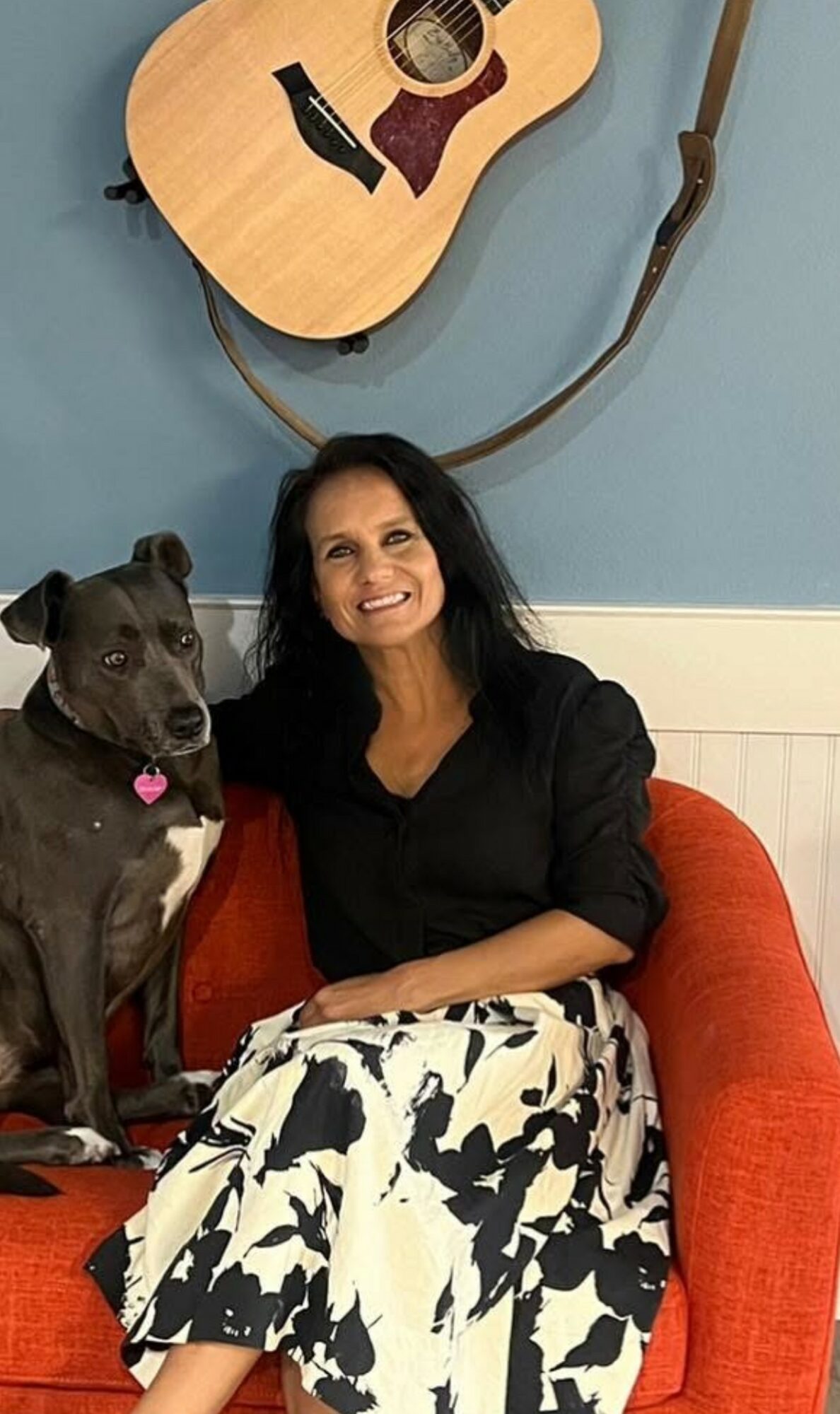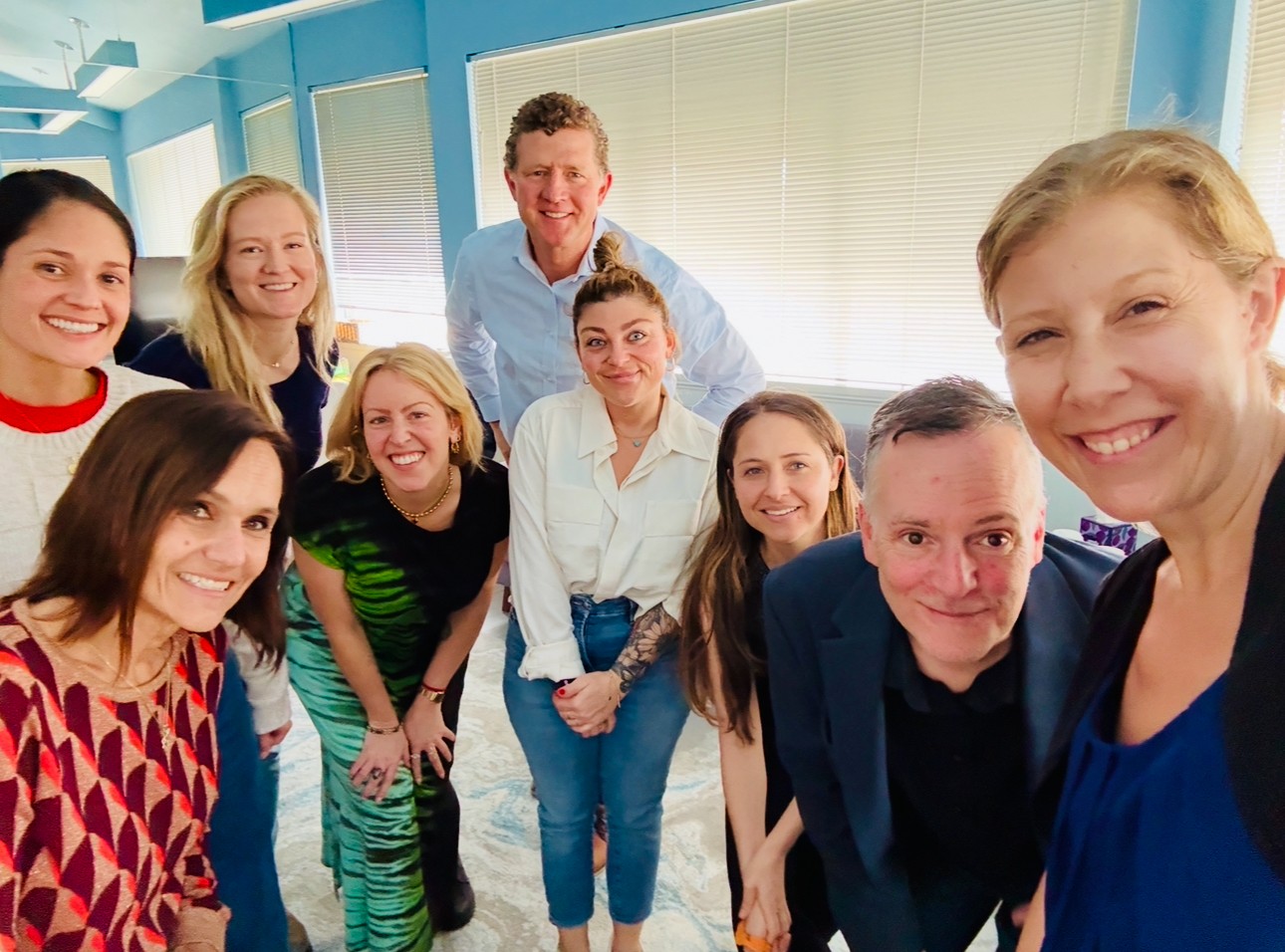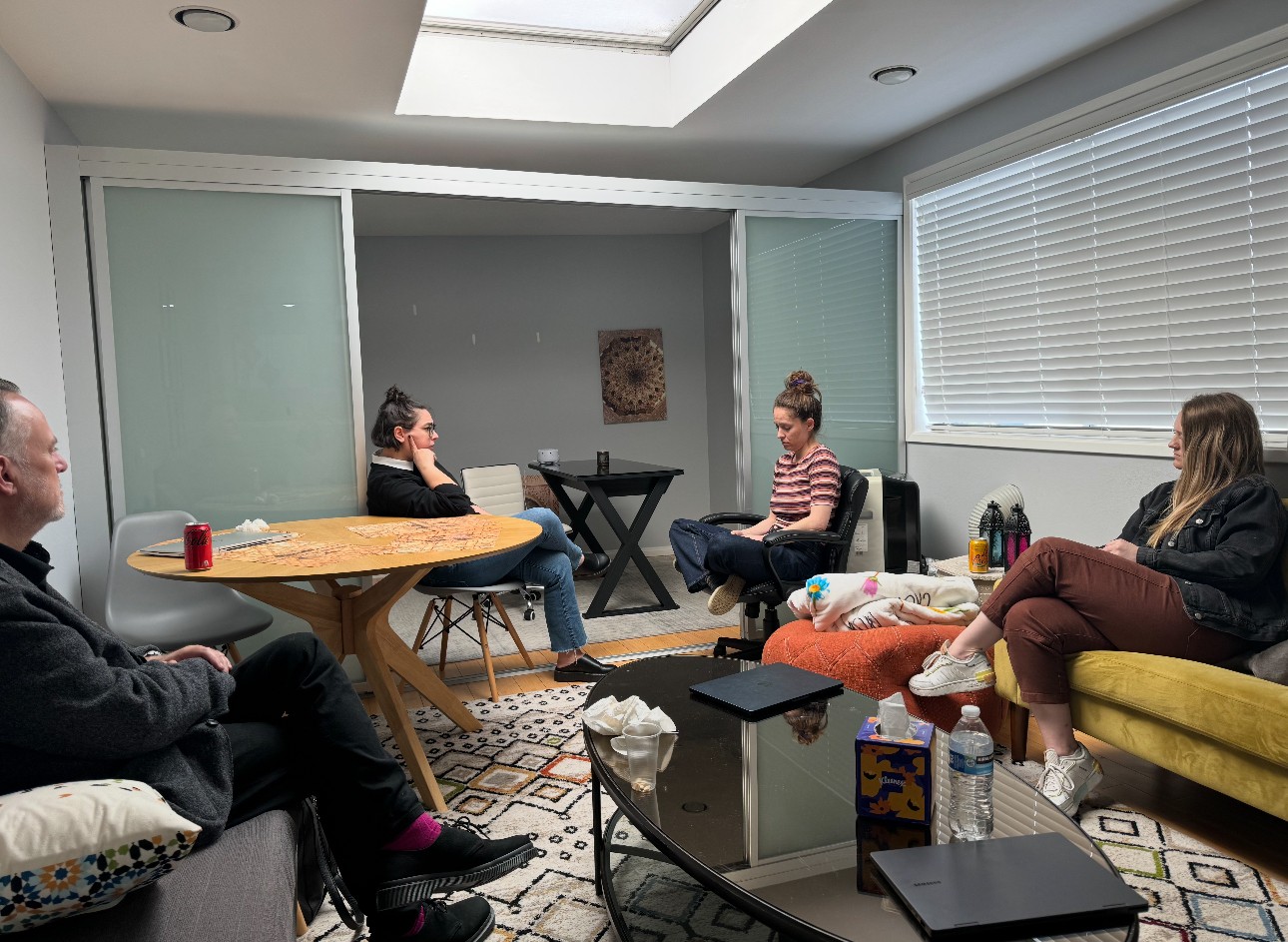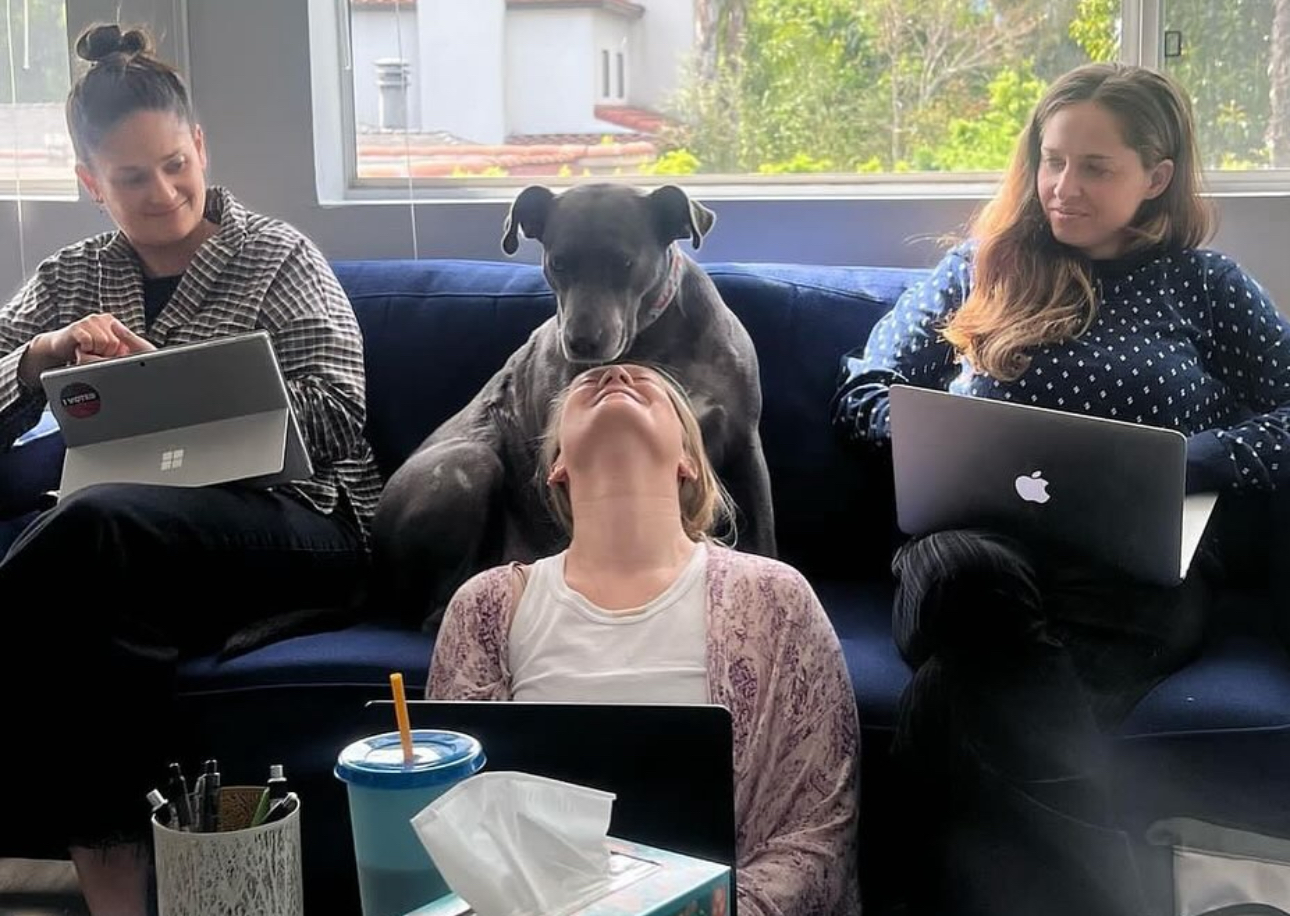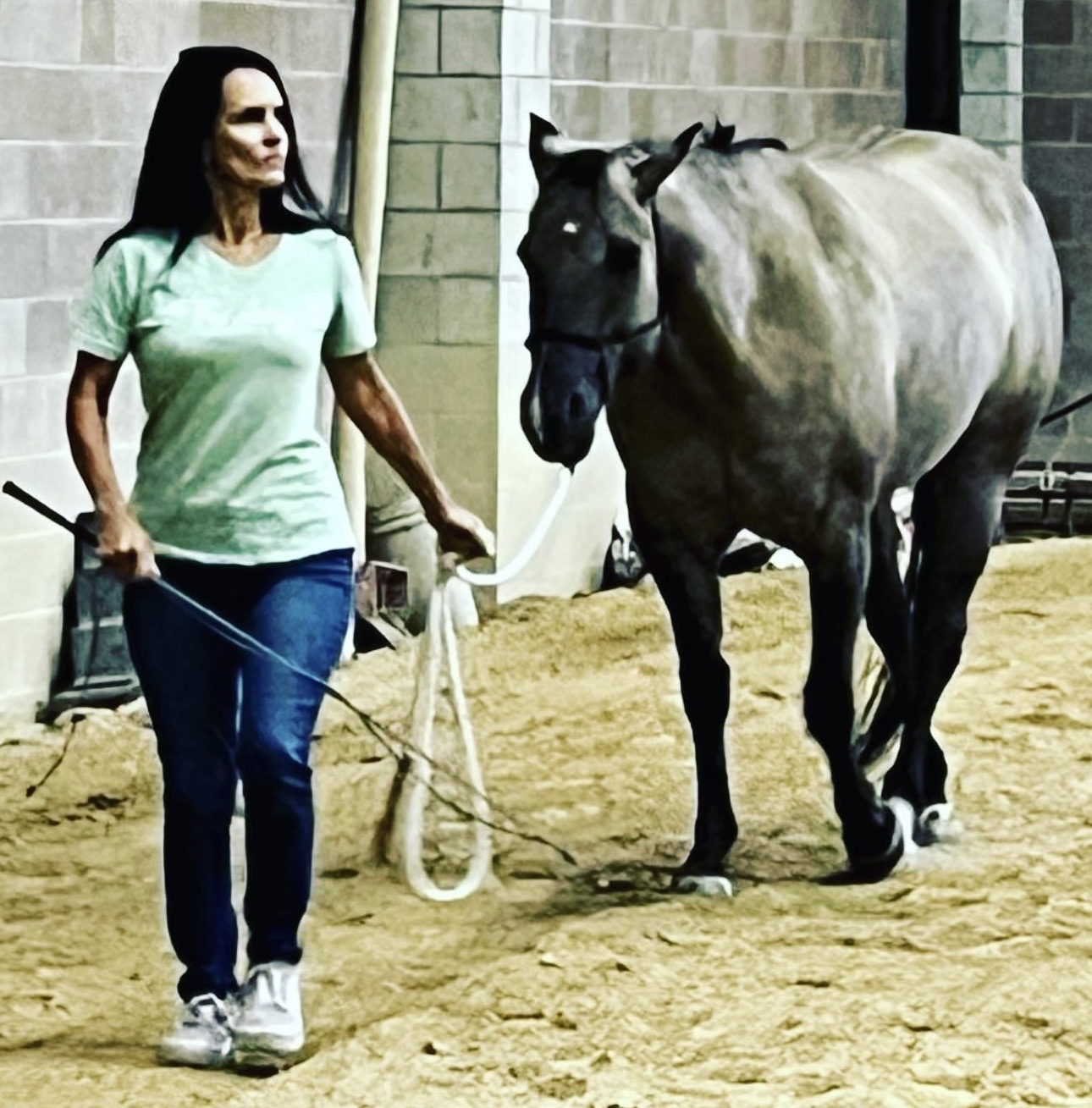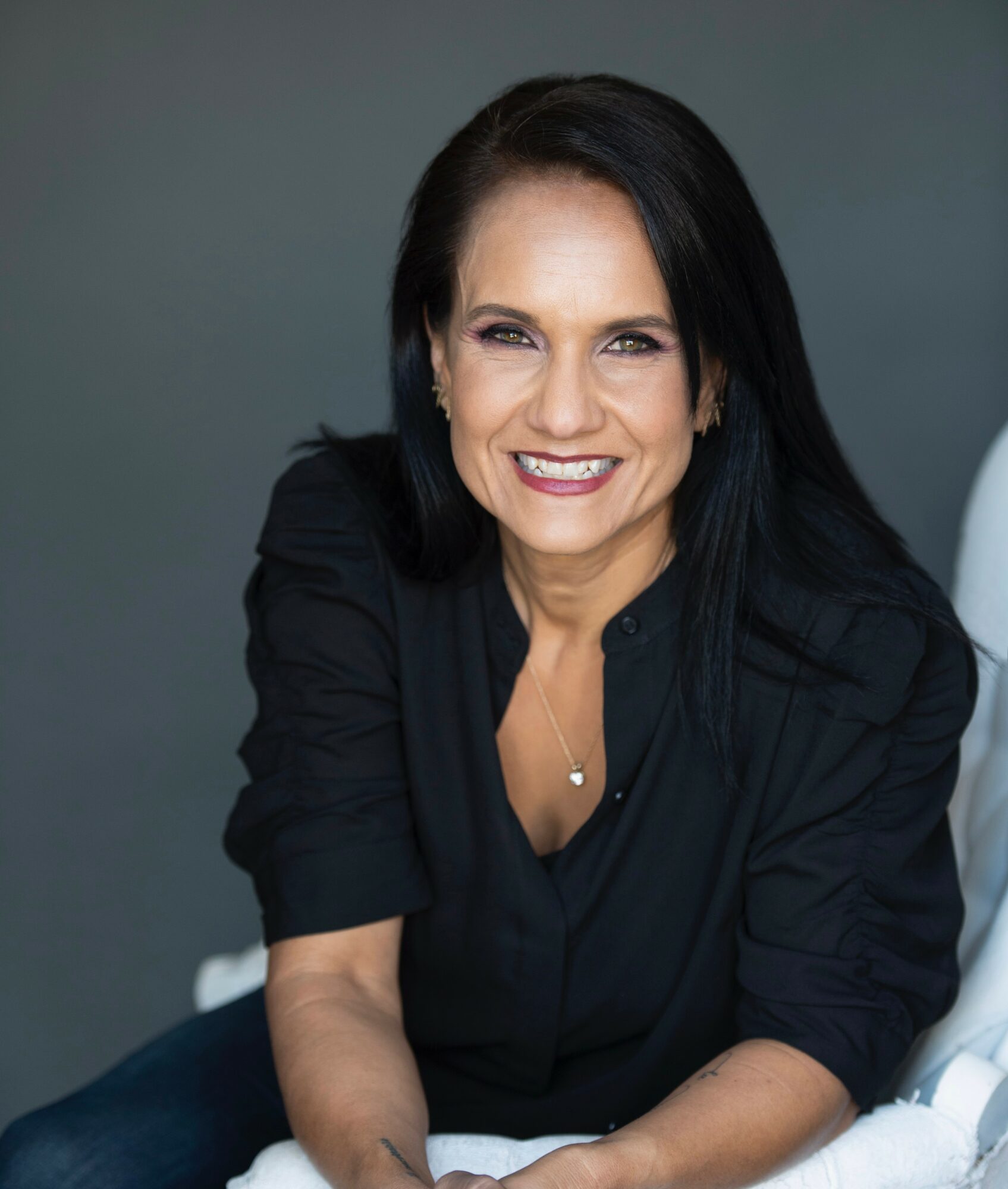

Today we’d like to introduce you to GEORGINA SMITH.
Hi GEORGINA, please kick things off for us with an introduction to yourself and your story.
So, I became a psychologist the long way. Not just the dissertation and debt long way, but the more messy, working 2 jobs, fall apart and figure it out, kind of way. That stuff doesn’t tend to show up on our bios! But my journey really started with traveling through some dark places from my own life experiences. I moved to the U.S. from a small island in the English Channel as a very shy teen, and it wasn’t until college that a lot of past trauma began to catch up with me. Then came a series of significant life events, including the loss of my brother, that rocked everything and began a kind of reckoning. My brother died navigating a world that didn’t know how to hold his pain or the lasting impact of what he’d endured growing up. Those reverberating consequences and echoes of trauma don’t just go away. And somewhere in that grief, a seed was planted, and I knew that trauma needed to be met differently, and I knew I had to be part of that shift. I was building a trauma-focused private practice at the time, which is now the deeply rooted practice I have today. And then twelve years after losing my brother, I lost my grandmother, one of my softest places as a child, and that seed wasn’t going to stay buried anymore. I had to do something more. I think grief has a funny way of bringing us to our knees while reminding us how deeply alive we still are. And it was through the grief that I started to build what I had been dreaming of for over a decade. I still had tons of scraps of paper with all my ideas scribbled down over the years, and I started to create a larger space for true trauma-focused healing, the kind that says it and does it. It wasn’t going to be a checkbox, symptom focused, ‘here’s your workbook’ program, but a dynamic, systemic, somatic and relational space for healing. The kind that sees the person first, honors their survival strategies, and brings a heartbeat to the room. I built it against odds, taking some big risks, though I’m pretty comfy with discomfort… pretty easy one to analyze there! There was no big investor, no trust fund, no ‘and then everything fell into place’ moment. It was just me, 2 incredible colleagues who began paving the way with me, a lot of determination and stubborn will, and definitely some angels guiding me, including some three legged dogs… that’s another story. So that’s the short version of how Revolve Recovery was born! We are a one-woman-clinician-owned, trauma ecology IOP (Intensive Outpatient Program) in Marina del Rey, that exists to hold and treat trauma in its full complexity. We see trauma as a moving ecology through time that is generational, systemic, embodied, relational, and environmental. We do things differently here, and we speak a trauma-focused language. We’ve really created a warm relational space for people who walk through our doors. There’s no sterility. There’s dogs, drums, guitars, surf boards, and random gnomes. A drum and a dog bed were actually the first 2 things I bought once we found our space. Revolve’s truly a passion project from purpose, grief, grit, and my one ritual one cup of coffee I sip on all day till it’s cold. And I sometimes say that here we don’t think in straight lines, meaning we hold paradox, the powerful both/and, and we laugh a lot, and we witness, because trauma work without connection isn’t healing, it’s just excavation. And somehow we found and created the most brilliant, creative, skilled, ethical, unique and heart-centered team. These are clinicians who know the terrain of trauma and healing, who work with skill, presence, and a deep reverence for the human experience, and who you might find also doing an impromptu skit to Queen’s ‘Bicycle Race’… true story, there’s secret footage somewhere. Revolve is a place bookended by loss, but that has given it so much life and purpose, and that’s what we want for our clients. For me it represents the living and growing hope that more healing is possible when we stop treating trauma like a diagnosis and start seeing it as an ecosystem that is alive, relational, and shaped by everything we’ve survived, and when we meet the person in that place.
Can you talk to us a bit about the challenges and lessons you’ve learned along the way. Looking back would you say it’s been easy or smooth in retrospect?
Oh, definitely not smooth. I think the main struggle was trying to believe I could do this, not so much from a heart and mind place, but from a logistical and resources place. On paper, the tasks ahead felt monumental. Well actually, not just on paper! Even just finding a space took over 7 months of dead ends, due to the kind of work we were wanting to do, so that was a whole other level of disheartening. Once we had the brick and mortar, there was a long process ahead of renovations, building the internal systems, curriculums, and gaining the necessary licenses and accreditations, fire inspections, hiring etc. And once the systems were built, it was a long road to establish efficient flow and function. Even when the right team finally came together and the doors opened, I remember thinking, “What if no one comes? I’m responsible for this team, for this place.” It’s a lot to carry sometimes. But what I’ve learned is that as long as we are doing the work, I have to trust the process. Someone once told me, “You’re doing it right, and you’re doing good things, that will keep this going (that, and a hell of a lot of hard work and sleepless nights)”. I was also told in the beginning that perhaps I was being a little too idealistic and specific with my mission and vision, and the kind of place I wanted to build. But I never wavered, I couldn’t do any of this if I wavered. And now here we are thriving and about to turn 3 years old! There’s certainly still ups and downs, as there are in this work and as there are for any business owner, that’s the nature of this. But being aligned with my purpose, doing this work alongside a team that cares deeply for our clients and for each other, and knowing we’re truly helping people, is everything I could ask for.
Thanks – so what else should our readers know about Revolve Recovery?
Revolve Recovery is a trauma-focused intensive outpatient program (IOP) located in Los Angeles, but we’re not a traditional IOP, and that’s by design. We specialize in relational and complex trauma, and we take an ecological, systems-based approach to healing that goes far beyond symptom management and healing and reprocessing in a vacuum. We work with adults navigating the impacts of PTSD, childhood trauma, neglect, relational harm, cultural and systemic wounding, and the lifelong patterns that emerge from those ruptures, as well as the mental health issues and addictions that can co-occur. Our care is deeply integrative, blending IFS parts work, EMDR, somatic therapy, experiential and integrative work, and trauma-focused community building.
What sets us apart is that we see trauma not as a disorder to be fixed, but as something embedded in, and moving through, relationships, systems, histories, and bodies, which means it also needs to be healed in relationships, in context, and in community. We’re known for our depth, our realness, and our refusal to pathologize the very human ways people have learned to survive. We don’t just help people cope, we walk with them through meaningful and complex transformation.
We’re especially proud of our in house framework, the Trauma Ecology Integration Model™ (TEIM™), which we use to train our team and inform every part of our programming. It maps trauma as a living ecosystem, not just an individual experience, and that orientation allows for much deeper, more lasting integration, and it leads to some pretty powerful groups experiences. We have a strong commitment that in a sound-bite culture, we do not over-simplify what can’t be simplified. We honor complex issues with complex responses and strategies. And I’m proud that we’ve built something both rigorous and deeply human. Revolve isn’t a one size fits all kind of place, it’s a dynamic program with an emotionally attuned, highly skilled, and unshakably compassionate clinical team and staff. We’re known for holding people through some of the most vulnerable chapters of their lives, and doing so with radical dignity, clarity, curiosity, and care. I chose our name because when I think of revolving, I think of the earth in motion, and how we’re all interconnected. It makes me think of cycles and circles and revolutions and returns. And it’s always amazed me that the entire solar system is spiraling through the Milky Way at something like 500,000 miles an hour. There’s some serious perspective. And it made me realize that just like the earth is never in the same place twice as it rotates, neither are we. We might revisit the same pain and the same memories, but we’re moving somewhere new, always.
The services we offer include daytime and evening IOP programs. They consist of intensive trauma-focused individual therapy, trauma-focused group therapy, psychiatric and medication services, case management, community integration opportunities, integrative and experiential services, music therapy (they have now called themselves ‘The Revolvers’, and they jam!), family groups, alumni groups, and equine therapy. Not to forget our therapy dogs who are often requested by our clients in difficult moments. Our services are led by clinicians who specialize in trauma, but I think more importantly, they understand trauma in their bones.
What has been the most important lesson you’ve learned along your journey?
To get out of my own way and hold faith over fear. And really to just keep going. My own life experiences led me to be an over-functioner, and while that can get a lot of stuff done, it can also come with a whole lot of problems. When I keep on my growth path, and I pause and slow down, I see so much more, and I allow so much more. And the faith doesn’t mean this all comes with a guarantee. Nothing’s promised. But the faith for me is that this all means something, no matter where it goes, and I hold on to that. Meaning-making is the beauty of post-traumatic growth, the growth that has allowed me this full and incredible life. And on the days when meaning and life feel absurd, I try to remember that absurdity isn’t the enemy, it’s the backdrop. So I feed the kids, the dogs, the cat, the guinea pig (yes, a zoo), put the work away, go outside, and trust that somehow this passion project will keep making more impact and helping more people. Believing that definitely beats nihilism before breakfast.
Contact Info:
- Website: https://www.revolverecovery.com
- Instagram: @revolverecovery
- Facebook: https://www.facebook.com/revolvetraumafocusedtreatment/
- LinkedIn: https://www.linkedin.com/in/georgina-smith-ph-d-2950797
- Youtube: https://www.youtube.com/@RevolveRecovery
